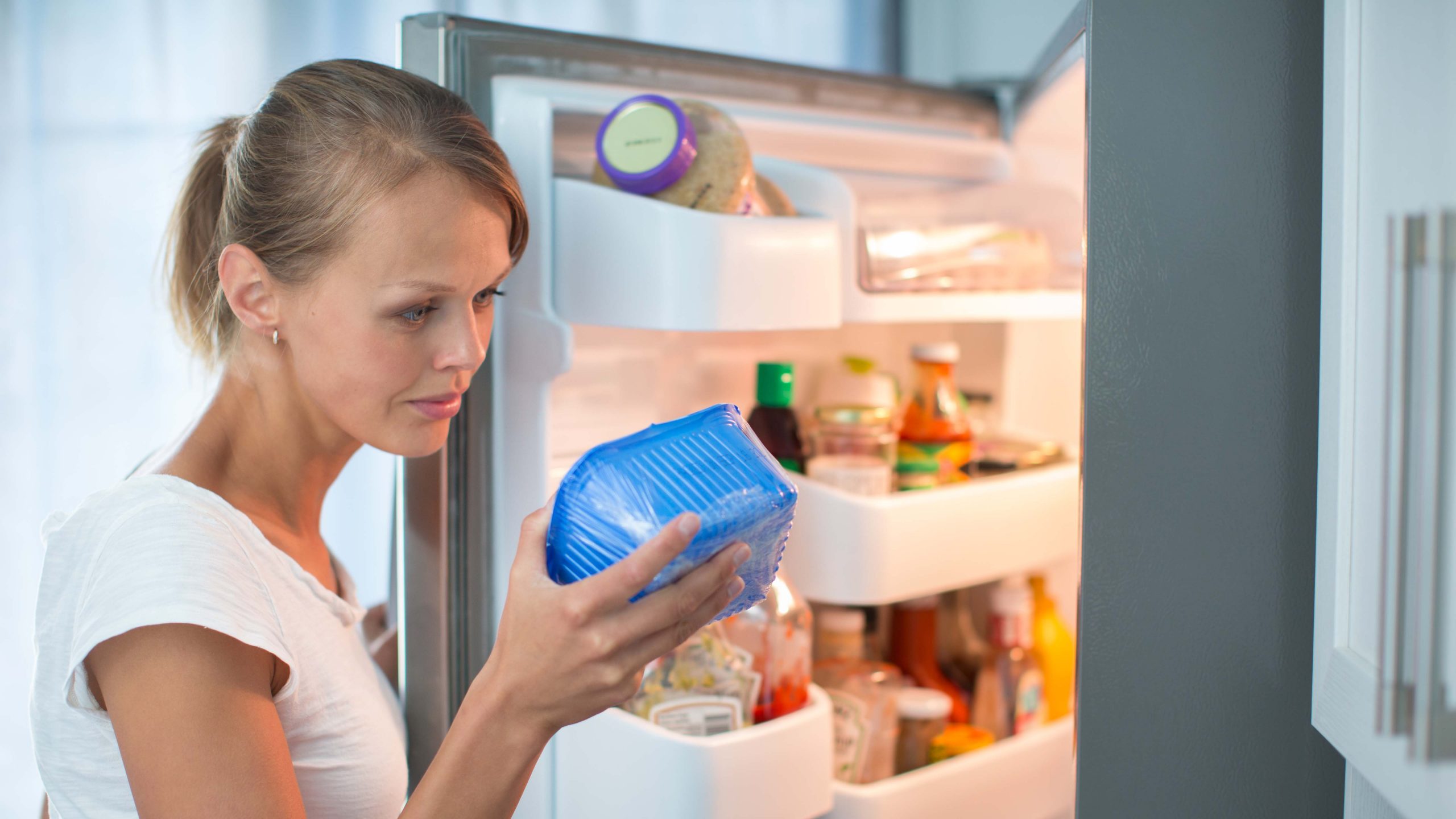

Articles
Why Is My Refrigerator Freezing My Food
Modified: November 2, 2024
Looking for informative articles on why your refrigerator is freezing food? Find expert advice and troubleshooting tips to solve the problem and keep your food fresh.
(Many of the links in this article redirect to a specific reviewed product. Your purchase of these products through affiliate links helps to generate commission for Storables.com, at no extra cost. Learn more)
Introduction
There’s nothing more frustrating than opening your refrigerator to find that your once-fresh produce is now frozen solid. It’s a common problem that many people face, and it can be quite perplexing. After all, isn’t the refrigerator supposed to keep our food cool, not freeze it?
In this article, we will explore the common causes of why your refrigerator may be freezing your food and provide some troubleshooting tips to help you prevent this issue from happening again.
Refrigerators work by removing heat from the food inside and releasing it into the surrounding air. The temperature inside the refrigerator is regulated by a thermostat, which turns the cooling system on and off based on the desired temperature. However, sometimes things can go awry, and the result is frozen food.
In the next sections, we will delve into the possible causes of your refrigerator freezing your food and discuss what you can do to rectify the issue.
Key Takeaways:
- Prevent food freezing by checking thermostat, temperature sensor, air vents, defrost timer, and components. Proper organization, regular maintenance, and temperature monitoring are key to keeping your refrigerator functioning optimally.
- Avoid food wastage and frustration by implementing preventive measures such as adjusting temperature, organizing food, and regular maintenance. Addressing underlying causes ensures your refrigerator keeps food fresh without freezing.
Read more: Why Is My AC Freezing Over
Common Causes of Refrigerator Freezing Food
When your refrigerator starts freezing your food instead of keeping it at an optimal temperature, there could be several reasons behind it. Let’s explore some of the common causes:
- Thermostat Issues: A faulty thermostat is one of the primary culprits behind food freezing in the refrigerator. If the thermostat is not functioning properly, it may not accurately detect the temperature inside the fridge, leading to excessive cooling and freezing of items.
- Temperature Sensor: Another common problem is a damaged or misplaced temperature sensor. This sensor helps the refrigerator monitor and regulate the temperature. If it is faulty or incorrectly positioned, it can give inaccurate readings and cause the fridge to cool down excessively.
- Blocked Air Vents: Air vents are responsible for circulating cold air throughout the refrigerator. If these vents are blocked by food items or other obstructions, the air cannot flow properly, resulting in uneven cooling and potential freezing of items near the vents.
- Faulty Defrost Timer: Every refrigerator has a defrost timer that controls the defrosting cycle. If the defrost timer malfunctions, it can lead to excessive cooling and freezing. This can happen when the defrost cycle does not initiate or when it runs for an extended period, causing the freezer temperature to drop too low.
- Malfunctioning Components: Various components within the refrigerator, such as the compressor, fan motor, or condenser, can malfunction and disrupt the cooling process. When these components fail, they can cause excessive cooling, resulting in frozen food.
These are just a few of the common causes of food freezing in the refrigerator. It’s essential to identify the specific issue affecting your appliance to take appropriate action and prevent further food wastage.
Thermostat Issues
The thermostat is a crucial component of your refrigerator that regulates the temperature inside. When it malfunctions, it can lead to the freezing of food. Here are some thermostat-related issues that can cause this problem:
- Incorrect Temperature Setting: One common cause of freezer burn is an incorrect temperature setting. If the thermostat is set too low, it will continuously cool the refrigerator, causing the food to freeze. Make sure to set the thermostat to the recommended temperature range, typically between 35°F to 38°F (1.7°C to 3.3°C).
- Defective Thermostat: Over time, thermostats can become faulty due to wear and tear. A defective thermostat may not accurately detect the temperature inside the refrigerator, causing the cooling system to run continuously or not turn on at all. This can result in frozen food items.
- Thermostat Calibration: In some cases, the thermostat may be properly functioning, but it requires calibration. Calibration ensures that the temperature reading is accurate and matches the actual temperature inside the refrigerator. If the thermostat is not calibrated correctly, it can lead to improper cooling and freezing of food.
- Thermostat Placement: The location of the thermostat within the refrigerator can also affect its performance. If the thermostat is situated near a cooling vent or in close proximity to the freezer compartment, it may receive false temperature readings, leading to overcooling and freezing of items. Ensure that the thermostat is positioned correctly according to the manufacturer’s guidelines.
If you suspect that thermostat issues are causing your refrigerator to freeze food, it is recommended to consult a professional technician. They can diagnose the problem accurately, repair or replace the thermostat if necessary, and ensure that your refrigerator operates at the optimal temperature to prevent any further food freezing incidents.
Damaged or Misplaced Temperature Sensor
A temperature sensor plays a vital role in maintaining the proper temperature inside your refrigerator. When this sensor is damaged or misplaced, it can lead to freezing of food items. Here are some factors to consider regarding temperature sensor-related issues:
- Damaged Temperature Sensor: The temperature sensor in your refrigerator monitors the internal temperature and sends signals to the control board to regulate cooling. If this sensor becomes damaged or malfunctioning, it may provide inaccurate readings to the control board. As a result, the refrigerator might cool excessively and cause food to freeze.
- Misplaced Temperature Sensor: The placement of the temperature sensor within the refrigerator is crucial for accurate temperature monitoring. If the sensor is incorrectly positioned or dislodged, it may not accurately detect the temperature. This can lead to improper cooling, potentially causing some food items to freeze while others remain at the correct temperature.
- Calibration Issues: Over time, temperature sensors can become miscalibrated. This can happen due to various factors, such as fluctuations in the electrical supply or exposure to extreme temperatures. When a temperature sensor is not properly calibrated, it can inaccurately detect the temperature within the refrigerator, leading to freezing of food.
If you suspect that a damaged or misplaced temperature sensor is causing your refrigerator to freeze food, it is advisable to contact a professional technician. They have the expertise to identify and address temperature sensor issues effectively. The technician can inspect the sensor, repair or replace it if necessary, and ensure that it is positioned correctly for accurate temperature monitoring.
By addressing the temperature sensor problem, you can restore the proper functioning of your refrigerator, prevent food freezing, and ensure that your perishable items stay fresh for longer durations.
Blocked Air Vents
Air vents are essential components of a refrigerator as they facilitate the circulation of cold air throughout the unit. However, when these vents become blocked, it can disrupt the airflow and result in uneven cooling, with some areas becoming excessively cold and causing food items to freeze. Here are some factors to consider regarding blocked air vents:
- Food Placement: Improper placement of food items in the refrigerator can block the air vents. It’s important to ensure that items are not stacked too closely together or placed directly in front of the vents. This will allow the cold air to flow freely and prevent the formation of cold spots that can freeze food.
- Improper Organization: Inadequate organization of items in the refrigerator can also lead to blocked air vents. Ensure that larger items, such as bottles or containers, are placed towards the back or sides of the refrigerator, leaving space in front of the vents for the air to circulate. Additionally, avoid overfilling the shelves to allow for proper airflow.
- Frost Build-Up: Over time, frost can accumulate on the walls or near the air vents of the refrigerator, obstructing the airflow. If the defrost system is not working correctly or if the door is frequently left open, frost build-up can occur. Regularly defrosting the refrigerator and removing any frost or ice accumulation can help prevent blockage of air vents.
- Obstructions: Other obstructions, such as misplaced shelves, containers, or packaging materials, can inadvertently block the air vents. Take the time to inspect and rearrange any items that may be blocking the vents, ensuring unobstructed airflow throughout the refrigerator.
If you suspect that blocked air vents are causing your refrigerator to freeze food, it is recommended to check and clear any obstructions. Ensure that the vents are free from any debris or blockage, allowing for optimal airflow and even cooling. By maintaining proper air circulation, you can prevent food from freezing and ensure that your refrigerator operates efficiently.
Check the temperature setting on your refrigerator to ensure it’s not set too low. Also, make sure the door seals are intact and not allowing cold air to escape. If the issue persists, it may be a sign of a faulty thermostat or temperature control.
Faulty Defrost Timer
A faulty defrost timer can be another possible cause of your refrigerator freezing food. The defrost timer controls the defrosting cycle, which is essential for preventing the build-up of ice and frost within the freezer compartment. When the defrost timer malfunctions, it can lead to excessive cooling and freezing of food. Here are some factors to consider regarding a faulty defrost timer:
- Stuck in Defrost Mode: If the defrost timer gets stuck in the defrost mode, it can disrupt the regular cooling cycle. This can result in the refrigerator cooling continuously, causing food items to freeze. In this case, the defrost system fails to initiate the defrost cycle and maintain the optimal temperature in the freezer compartment.
- Extended Defrost Cycle: On the other hand, a faulty defrost timer may cause the defrost cycle to run for an extended period. During this extended defrost cycle, the freezer temperature drops too low, resulting in the freezing of food items. This issue can occur if the defrost timer fails to turn off the defrost heater or the evaporator fan after completing the defrost cycle.
- Defective Defrost Timer: Over time, the defrost timer can become defective due to wear and tear or electrical issues. A defective defrost timer may not accurately control the defrost cycle, leading to improper cooling and food freezing. It is crucial to replace the defrost timer if it is determined to be the cause of the freezing issue.
If you suspect that a faulty defrost timer is the reason behind your refrigerator freezing food, it is advisable to consult a professional technician. They have the knowledge and expertise to diagnose the problem accurately and replace the defrost timer if needed. They can also ensure that the defrost system is functioning correctly, preventing further food freezing incidents.
Regular maintenance and monitoring of the defrost system can help in detecting any issues with the defrost timer before they lead to freezing of food. It is essential to address a faulty defrost timer promptly to maintain the optimal performance of your refrigerator and prevent unnecessary food wastage.
Malfunctioning Components
When various components within your refrigerator experience malfunctions, it can disrupt the cooling process and lead to the freezing of food items. Here are some common malfunctioning components that can cause your refrigerator to freeze food:
- Compressor: The compressor is responsible for circulating refrigerant and maintaining the cooling process. If the compressor is malfunctioning, it may continuously run or fail to cool the refrigerator properly, resulting in freezing of food items. A faulty compressor should be inspected and repaired or replaced by a professional technician.
- Fan Motor: A malfunctioning fan motor can hinder the proper distribution of cold air within the refrigerator. If the fan motor fails to circulate the cold air efficiently, certain areas may become excessively cold, causing food items to freeze. The fan motor should be inspected and replaced if necessary to restore proper airflow.
- Condenser Coils: Condenser coils help dissipate heat from the refrigerant, allowing the refrigerator to cool down. If the condenser coils become dirty or clogged with dust and debris, it can hinder heat dissipation and cause the refrigerator to overcool. Regular cleaning of the condenser coils is necessary to prevent freezing of food items.
- Seals and Gaskets: The door seals and gaskets are responsible for maintaining a tight seal when the refrigerator door is closed. If these seals are damaged or worn out, cold air can leak out, causing the refrigerator to work harder to maintain the desired temperature. This increased cooling can result in the freezing of food items. Damaged seals and gaskets should be replaced promptly to ensure proper insulation.
When you suspect that malfunctioning components are causing your refrigerator to freeze food, it is crucial to consult a professional technician. They have the expertise to diagnose the specific issues with the components, repair or replace them as needed, and ensure that your refrigerator operates at the correct temperature without freezing your food.
Regular maintenance and proper care of your refrigerator can help prevent component malfunctions and extend the lifespan of your appliance. Keeping the components clean, checking for any signs of damage or wear, and scheduling professional maintenance can help in ensuring that your refrigerator operates optimally and prevents food from freezing.
Tips to Prevent Food Freezing in the Refrigerator
Dealing with frozen food in your refrigerator can be frustrating and costly. To avoid this issue, here are some useful tips to prevent food from freezing in your refrigerator:
- Check and Adjust the Temperature: Ensure that your refrigerator is set to the recommended temperature range, typically between 35°F to 38°F (1.7°C to 3.3°C). Regularly monitor the temperature using a reliable fridge thermometer and make adjustments if necessary.
- Organize Food Properly: Arrange your food items in a way that allows for proper airflow. Avoid overcrowding the shelves, and leave space between items to ensure adequate circulation of cold air. Keep in mind the positioning of the air vents and avoid blocking them.
- Avoid Placing Temperature-Sensitive Items Near the Vent: Some food items, such as leafy greens, dairy products, and fruits, are more sensitive to cold temperatures. Ensure that these items are not placed directly in front of the air vents to prevent freezing.
- Regularly Defrost the Freezer: Ice build-up in the freezer can lead to colder temperatures in the refrigerator compartment. Defrost your freezer regularly to prevent frost accumulation and maintain proper airflow within the appliance.
- Inspect and Clean the Door Seals: Damaged or worn-out door seals can allow cold air to escape and warm air to enter, causing the refrigerator to overcool. Regularly inspect and clean the door seals, ensuring that they form a tight seal when the door is closed.
- Keep the Refrigerator Full: A well-stocked refrigerator helps to maintain a more stable temperature. If you have fewer items to store, consider using jugs of water to fill up the empty space. This helps to regulate the temperature and prevent uneven cooling.
- Regularly Clean the Condenser Coils: Dust and debris can accumulate on the condenser coils, hindering heat dissipation and causing the refrigerator to overcool. Clean the condenser coils at least once a year to ensure optimal performance.
- Monitor the Defrost System: Check that the defrost system is functioning correctly. If you notice any issues, such as ice build-up or prolonged defrost cycles, seek assistance from a professional technician to ensure proper operation.
- Avoid Extreme Temperature Fluctuations: Keep the refrigerator away from heat sources, direct sunlight, and areas with drastic temperature changes. Extreme temperature variations can cause the refrigerator to work harder and result in overcooling.
By implementing these preventive measures, you can maintain the optimal temperature in your refrigerator and prevent food items from freezing. Regular maintenance, proper organization, and awareness of temperature-sensitive items will help ensure that your refrigerator operates efficiently while keeping your food fresh and at the perfect temperature.
Conclusion
Dealing with a refrigerator that freezes your food can be a frustrating experience. Fortunately, understanding the common causes of this issue and implementing preventive measures can help you avoid the inconvenience and food wastage associated with frozen items. By addressing the underlying causes, you can ensure that your refrigerator operates at the optimal temperature, keeping your food fresh for longer durations.
We explored several common causes of food freezing in the refrigerator, including thermostat issues, damaged or misplaced temperature sensors, blocked air vents, faulty defrost timers, and malfunctioning components. Each of these factors can disrupt the cooling process and lead to frozen food items.
To prevent food freezing, it is crucial to check and adjust the temperature settings of your refrigerator as per the manufacturer’s recommendations. Additionally, organizing your food properly, avoiding blockage of air vents, and defrosting the freezer regularly can help maintain proper airflow and prevent uneven cooling.
Inspecting and cleaning components like door seals, condenser coils, and defrost systems can also prevent overcooling. Monitoring the performance of the refrigerator and addressing any malfunctioning components promptly can help maintain the proper functioning of the appliance.
By implementing these tips and adopting good refrigerator maintenance practices, you can prevent food from freezing, reduce food waste, and ensure that your refrigerator operates efficiently for years to come.
Remember, if you encounter persistent issues or are unsure about the cause of the freezing, it is always recommended to consult a professional technician to accurately diagnose and resolve the problem.
By taking proactive measures and addressing any potential issues, you can enjoy a properly functioning refrigerator that keeps your food at the optimal temperature, preserving its freshness and quality.
Frequently Asked Questions about Why Is My Refrigerator Freezing My Food
Was this page helpful?
At Storables.com, we guarantee accurate and reliable information. Our content, validated by Expert Board Contributors, is crafted following stringent Editorial Policies. We're committed to providing you with well-researched, expert-backed insights for all your informational needs.
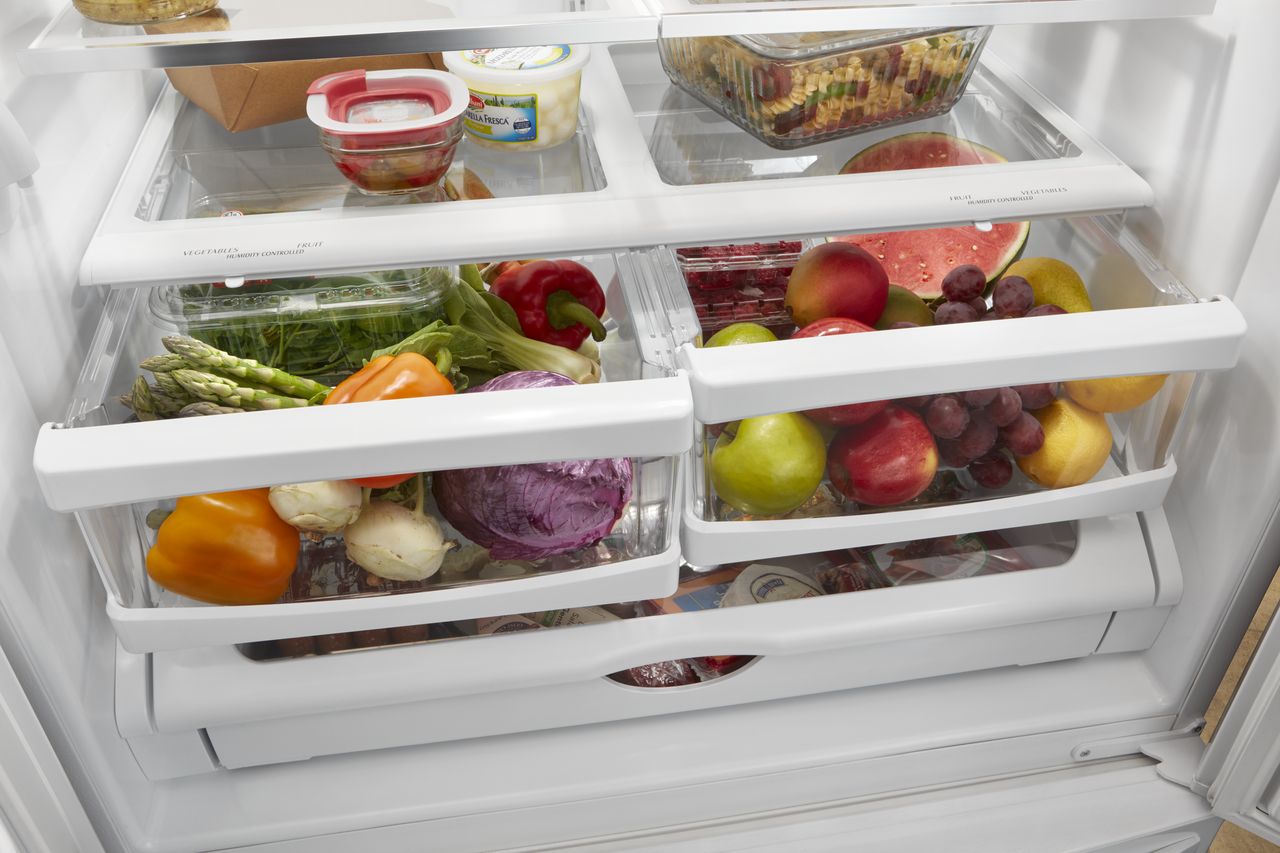

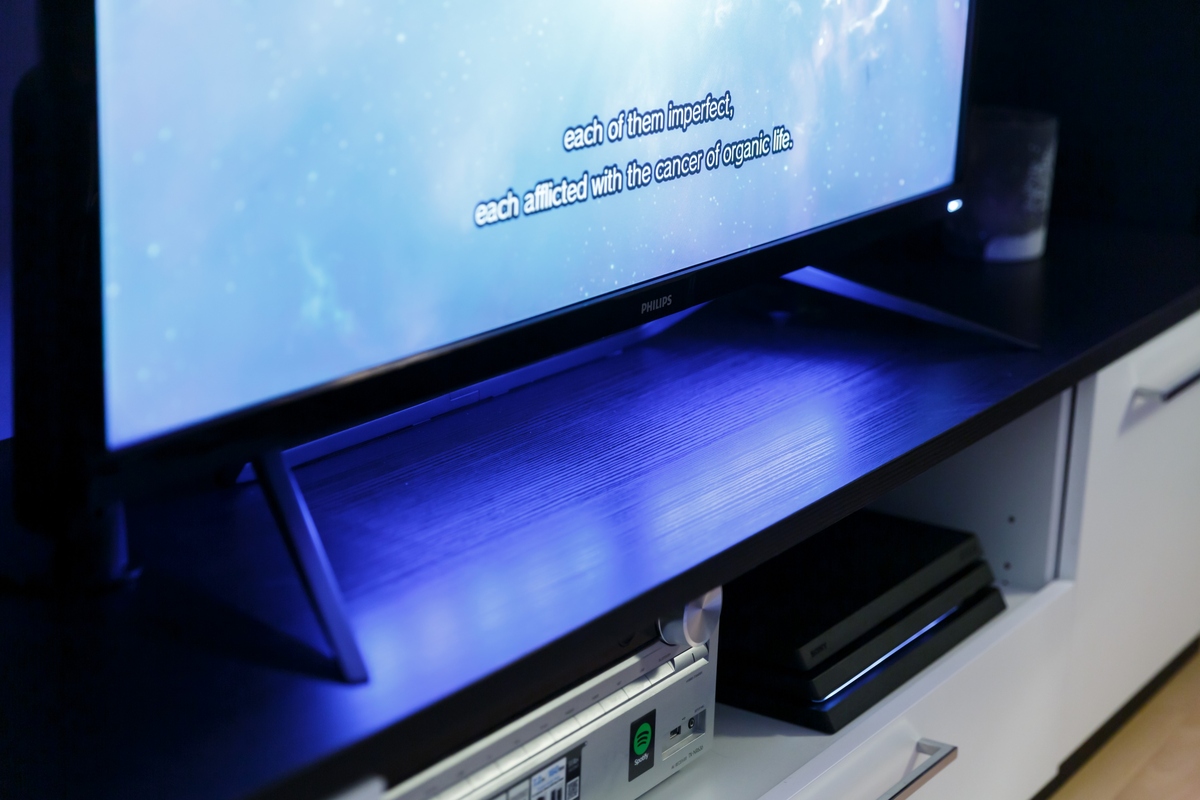
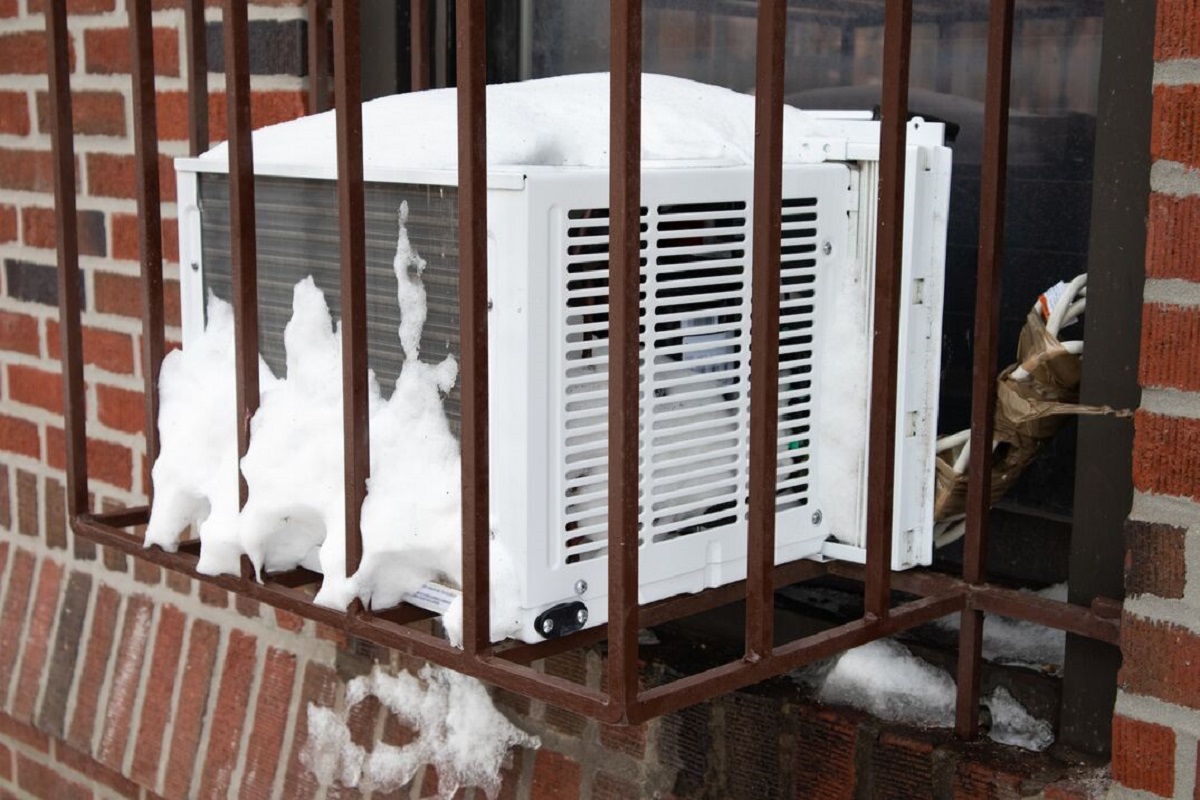
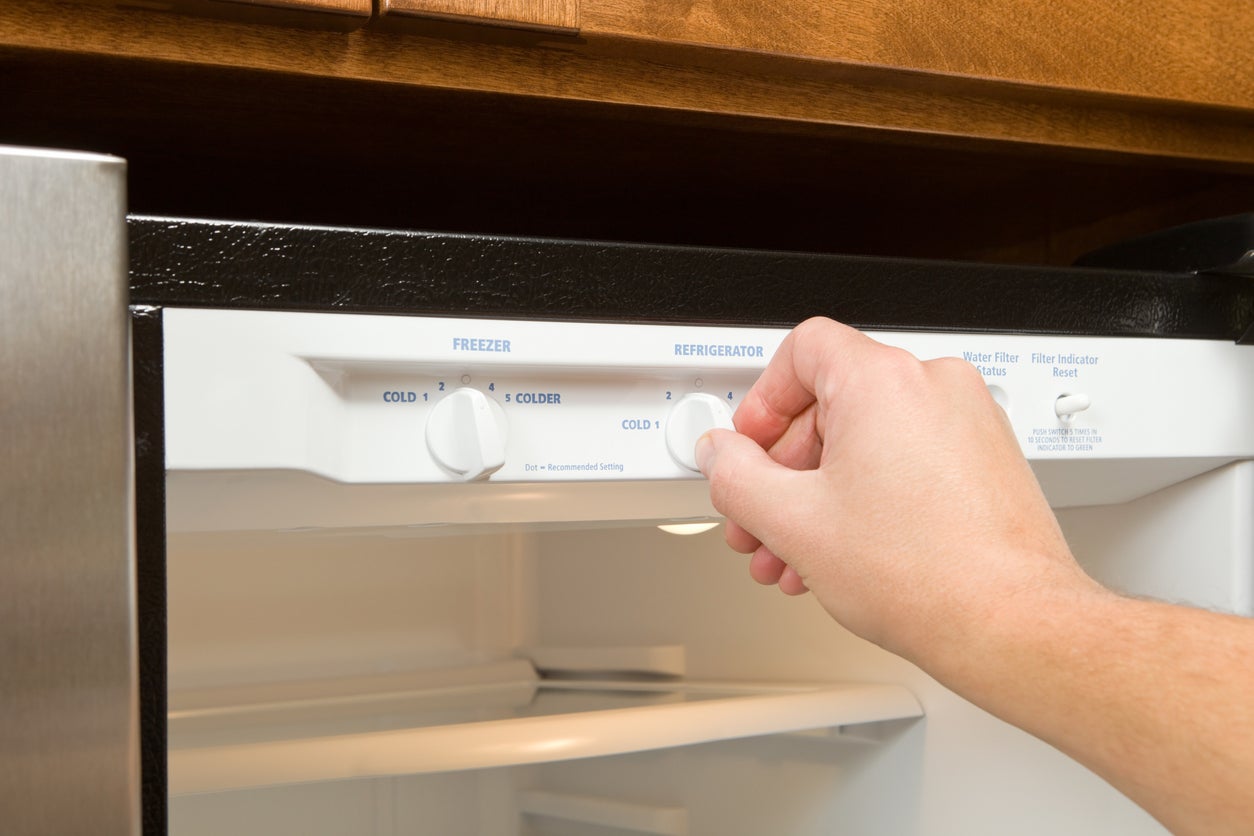
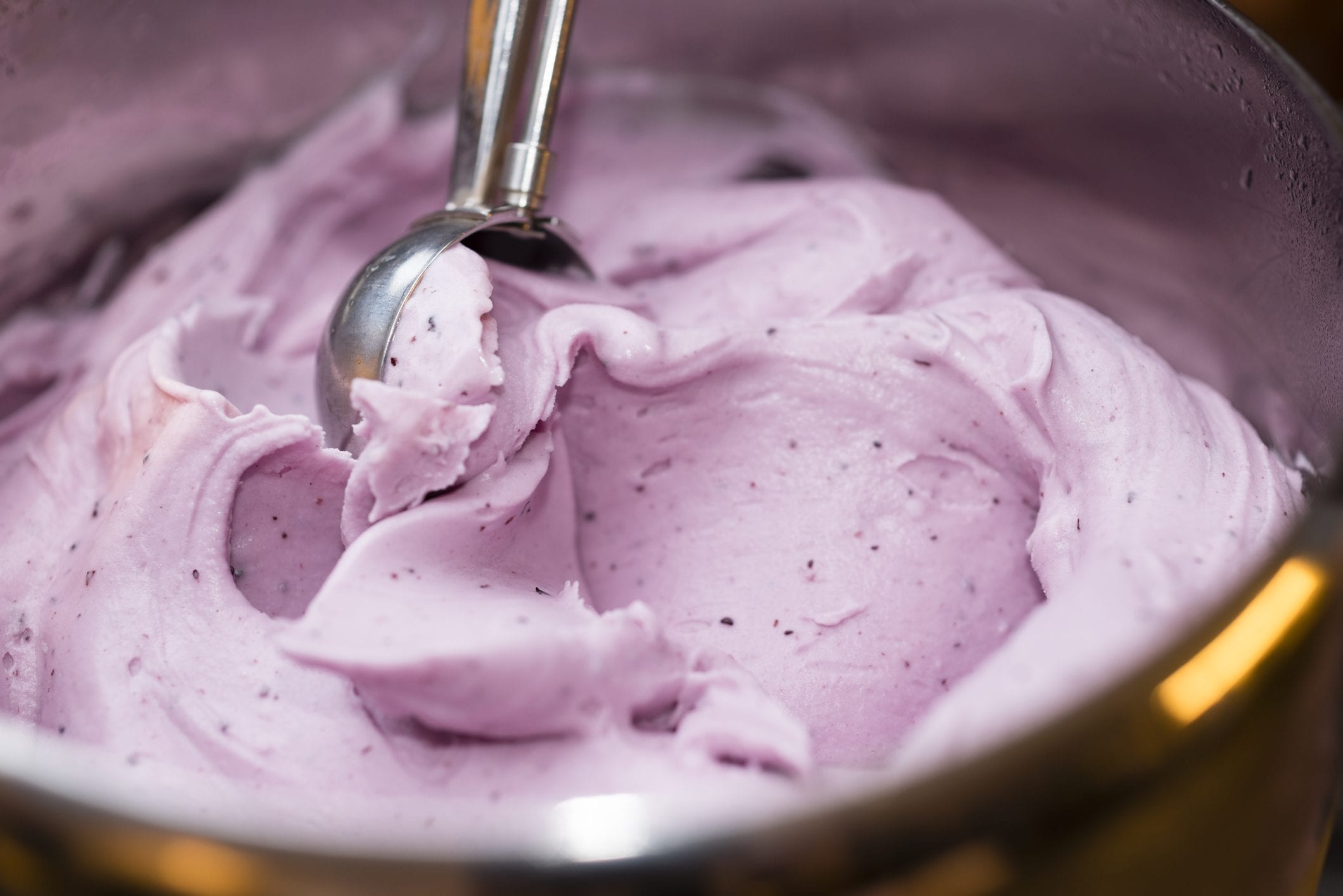
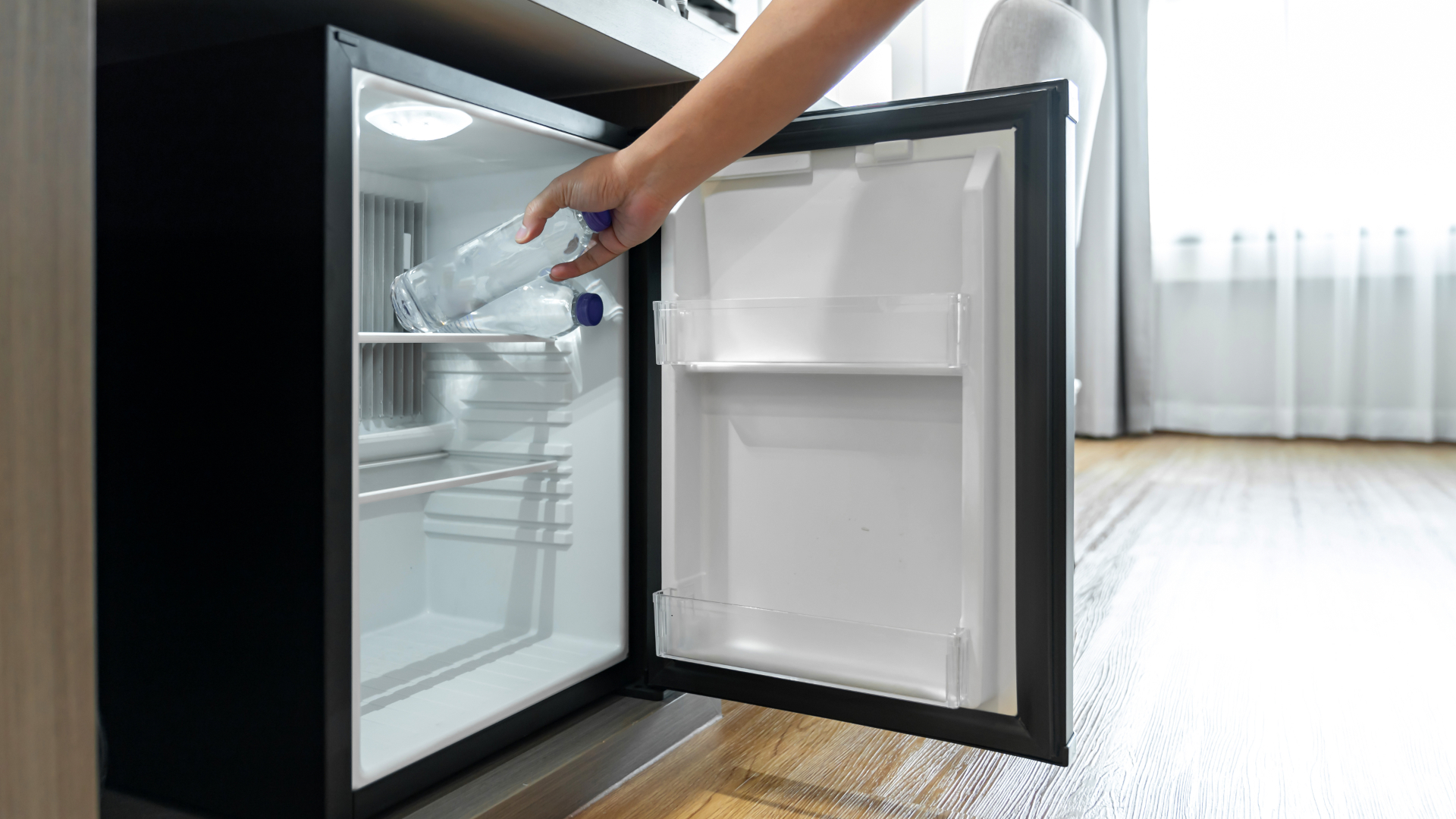
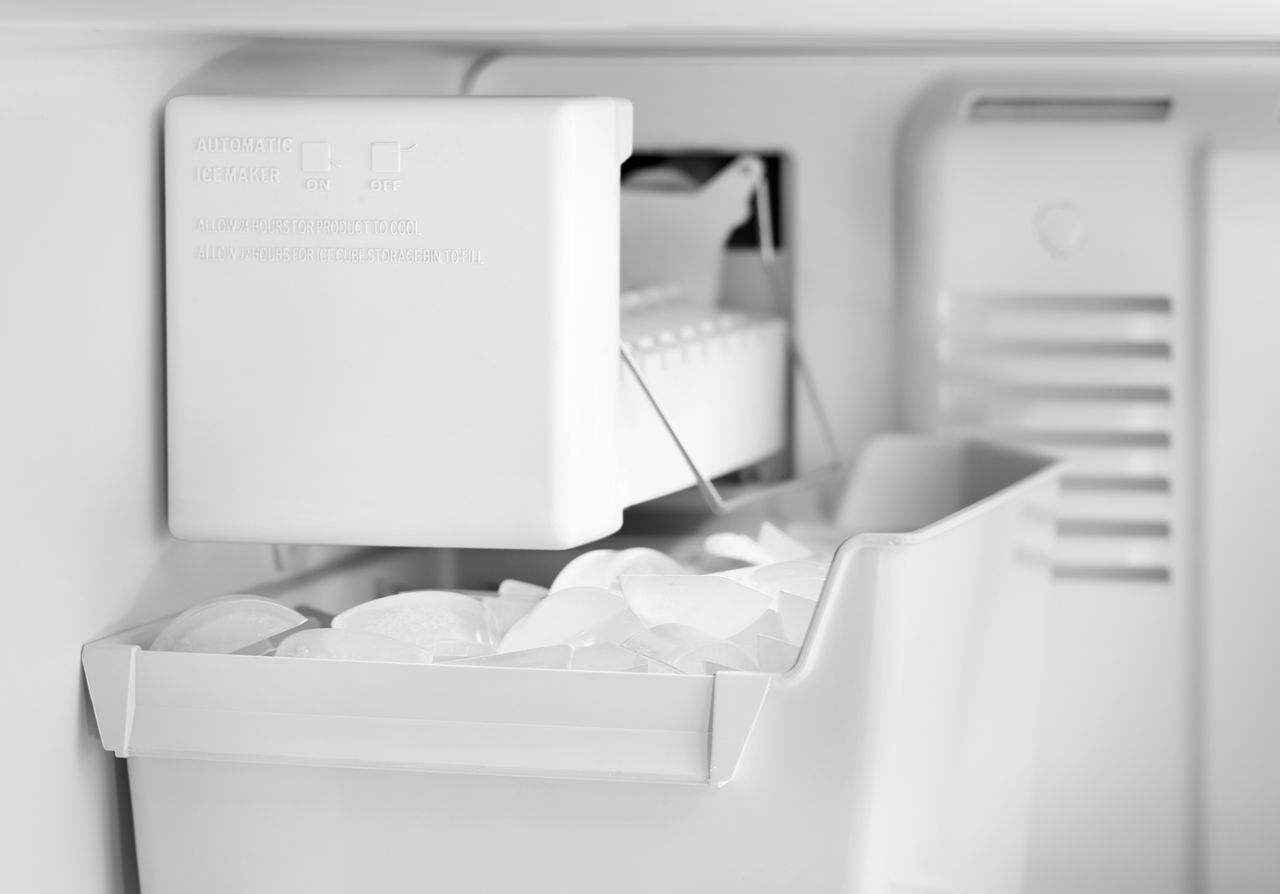
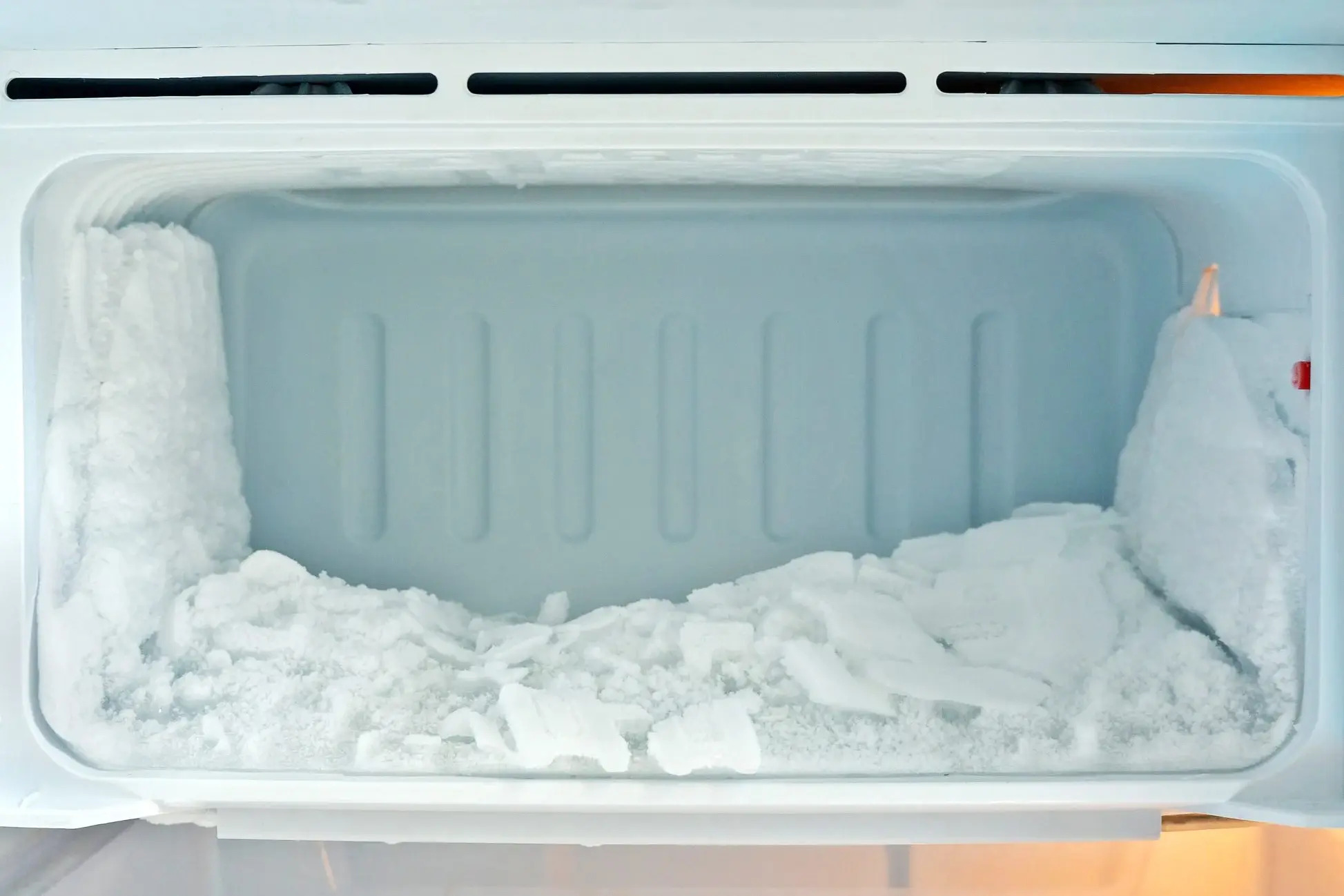
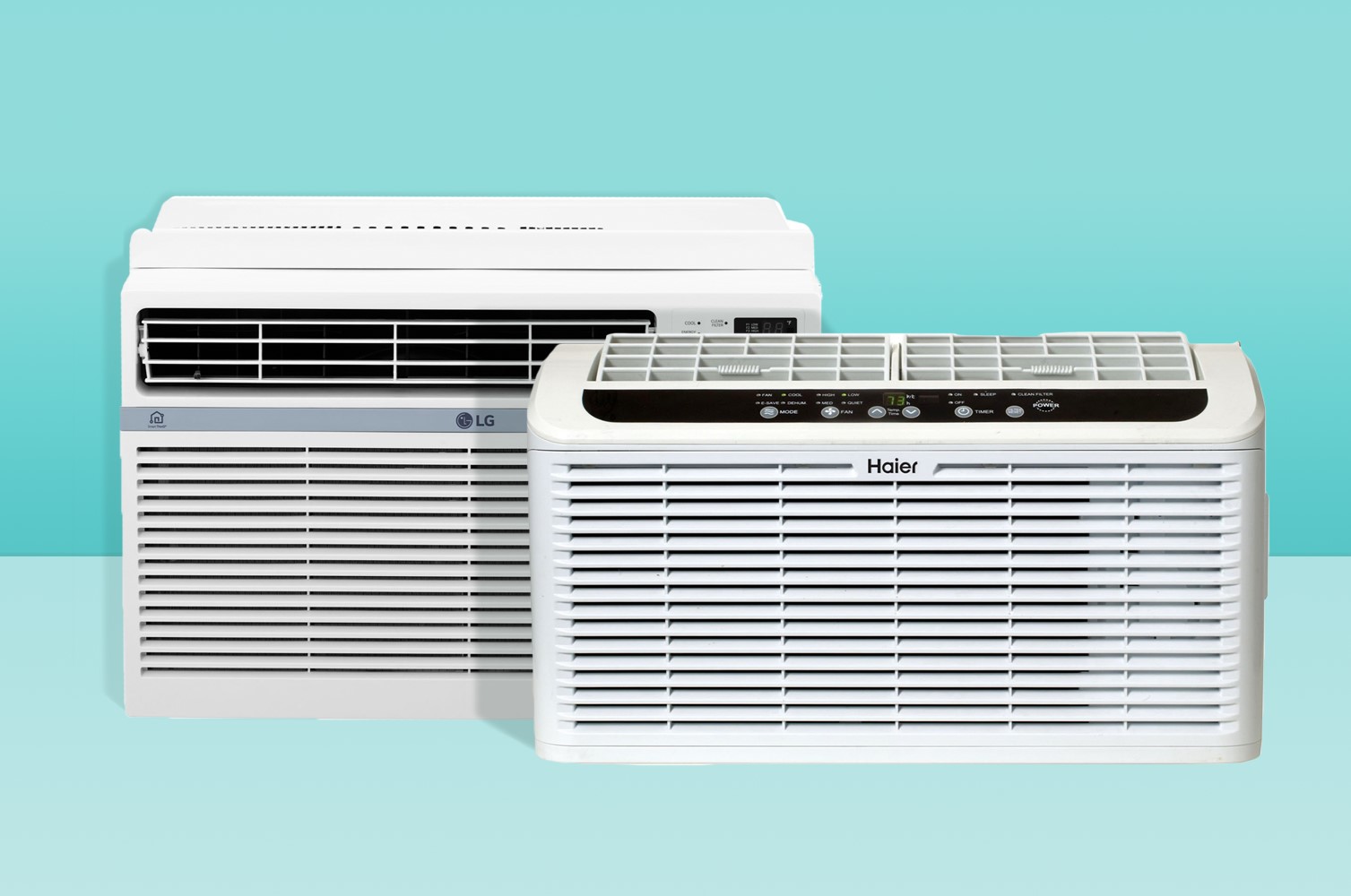
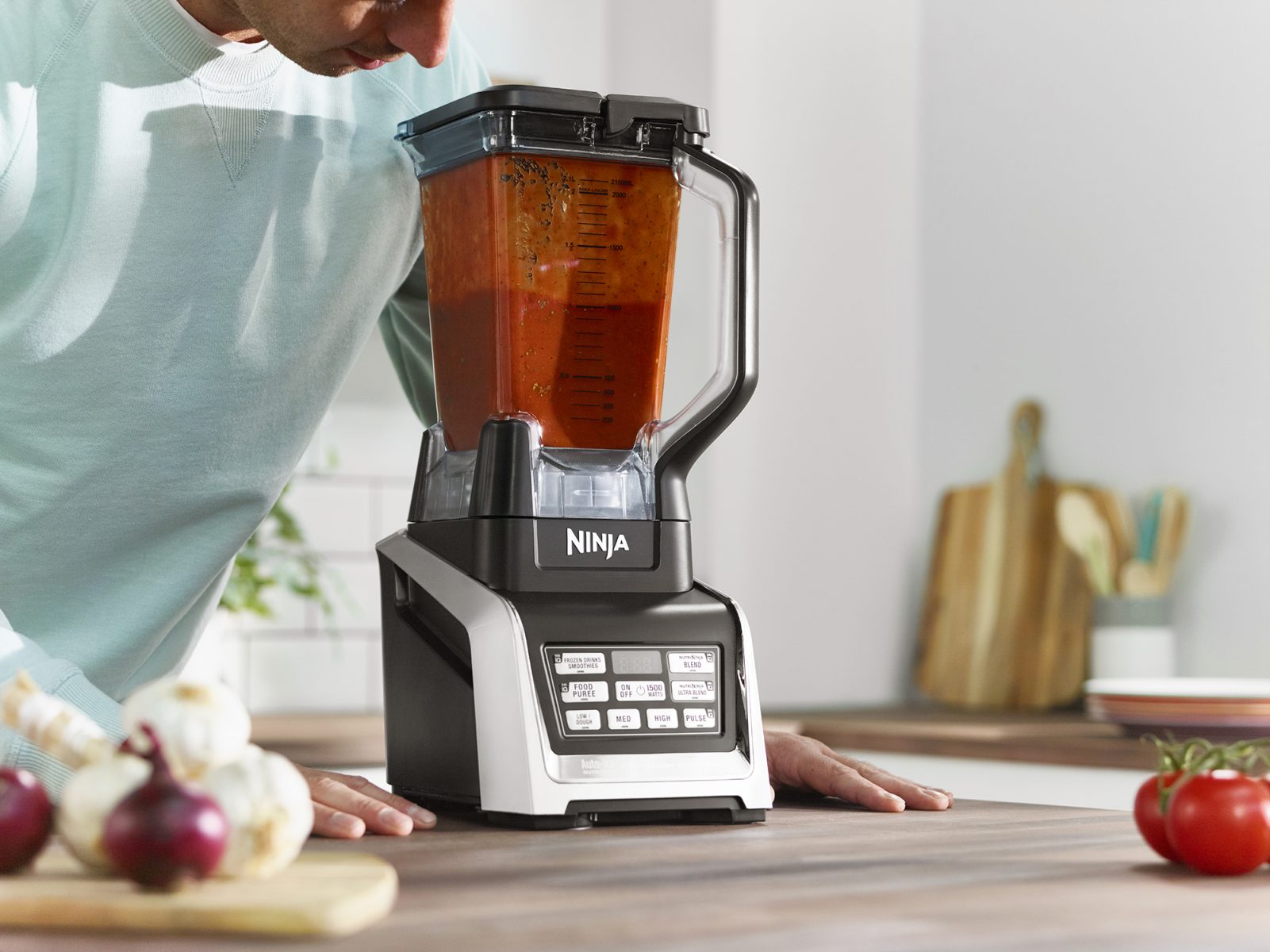
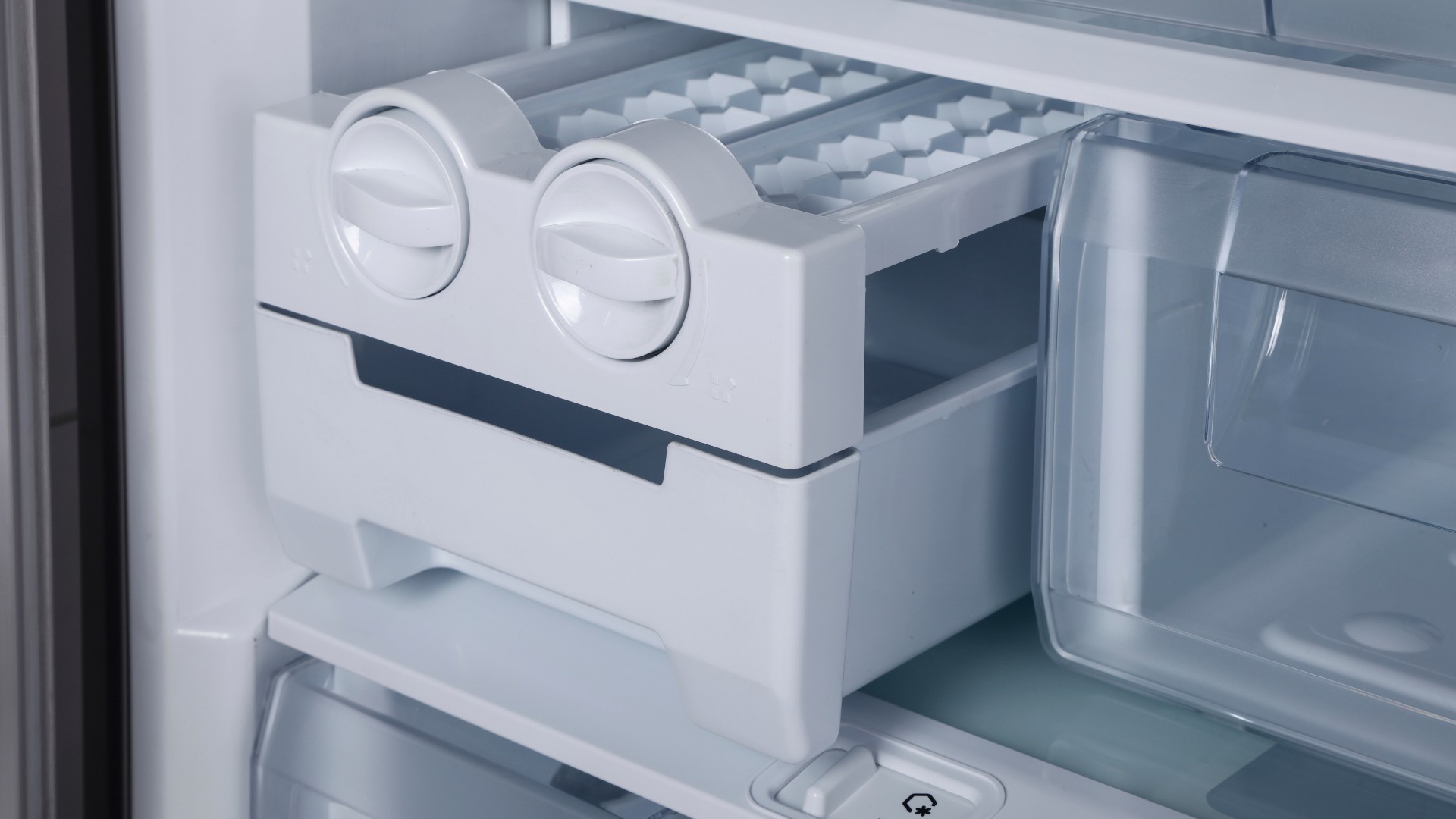



0 thoughts on “Why Is My Refrigerator Freezing My Food”